Kidney stones are small, hard deposits that form inside your kidneys when minerals and salts accumulate and crystallize. They can cause severe pain, urinary issues, and may even require medical procedures if not passed naturally. The good news? Many kidney stones are preventable through consistent, daily lifestyle habits.
This article outlines the most effective daily habits that can help prevent kidney stones and keep your kidneys functioning optimally.
💧 1. Drink Plenty of Water
Staying hydrated is the most important habit to prevent kidney stones. Water dilutes the substances in urine that lead to stones.
Tip:
Aim for at least 2.5 to 3 liters (10–12 cups) of fluids a day—mostly water. Drink enough to keep your urine pale yellow or clear.
🥤 Avoid sugary sodas and energy drinks as they can increase your risk.
🍋 2. Add Lemon or Citrus to Your Water
Citrus fruits contain citrate, a natural compound that prevents stone formation by binding with calcium.
Tip:
Add fresh lemon or lime juice to your water daily to boost citrate levels and prevent crystals from forming.
🧂 3. Limit Salt Intake
A high-sodium diet increases calcium in your urine, which can lead to calcium stones.
Tip:
- Keep sodium intake under 2,300 mg per day
- Avoid salty snacks, canned soups, processed meats, and fast food
🧂 Choose fresh or homemade meals instead of processed options.
🥩 4. Eat Less Animal Protein
High consumption of red meat, poultry, eggs, and seafood increases uric acid levels, raising the risk of uric acid and calcium oxalate stones.
Tip:
- Limit animal protein to once per day
- Choose plant-based proteins like beans, lentils, tofu, and nuts when possible
🥬 5. Watch Your Oxalate Intake
Oxalates are naturally occurring compounds found in many healthy foods but can contribute to stone formation.
High-oxalate foods include:
- Spinach
- Beets
- Rhubarb
- Nuts
- Dark chocolate
Tip:
If you’re prone to stones, pair high-oxalate foods with calcium-rich foods (like yogurt or cheese) to help oxalates bind in the stomach, not the kidneys.
🧀 6. Get Enough Dietary Calcium (But Not from Supplements)
Calcium is important for bone health and paradoxically helps prevent calcium oxalate stones when consumed through food.
Tip:
- Get 1,000–1,200 mg of calcium per day from dietary sources like dairy, leafy greens, or fortified products
- Avoid unnecessary calcium supplements unless prescribed
🏃♀️ 7. Stay Active and Maintain a Healthy Weight
Obesity and a sedentary lifestyle can alter the acid-base balance of your urine, increasing stone risk.
Tip:
- Aim for at least 30 minutes of physical activity per day
- Focus on a balanced diet rich in fruits, vegetables, whole grains, and healthy fats
📉 8. Avoid Crash Diets and Dehydration
Rapid weight loss, high-protein fad diets, and keto-style plans can change urine chemistry and promote stone formation.
Tip:
- Choose gradual, sustainable weight loss methods
- Always stay hydrated during exercise and dieting
🧪 9. Monitor Urine Changes
Being aware of your urine’s color and frequency is a simple way to track your hydration and kidney health.
Tip:
- Pale yellow urine = well hydrated
- Dark yellow or amber = you need more fluids
- If urine is cloudy, painful, or smells foul—consult a doctor
🩺 10. Follow Up with Regular Checkups
If you’ve had kidney stones in the past, you’re at higher risk of developing them again.
Tip:
- Request a 24-hour urine test and a stone analysis (if you passed one)
- Ask your doctor about personalized prevention strategies based on stone type
✅ Conclusion
Kidney stone prevention isn’t about major life overhauls—it’s about consistent, small habits that support your urinary system every day. Hydrate well, eat smart, reduce salt, and move your body.
If you’re unsure about your risk or symptoms, talk to a healthcare provider. Preventing kidney stones is far easier—and less painful—than treating them.
ABOUT THE AUTHOR
Dr. Abid Akram is a dedicated medical practitioner known for his patient-centered approach and strong clinical expertise. With an MBBS degree and years of hands-on experience, he has developed a keen interest in preventive healthcare and internal medicine. Dr. Abid firmly believes that health is not just about treating illness but about empowering individuals to make lifestyle choices that prevent disease and promote long-term well-being. His approachable personality and ability to explain complex medical concepts in simple terms make him a trusted doctor among his patients. Outside of his clinical practice, Dr. Abid contributes to community health awareness programs, aiming to bridge the gap between medical knowledge and everyday life.
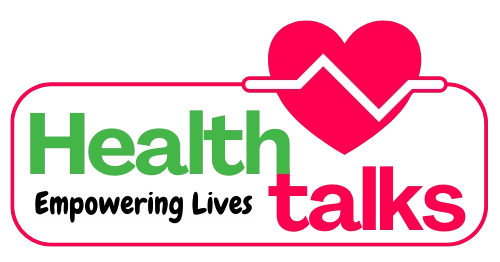
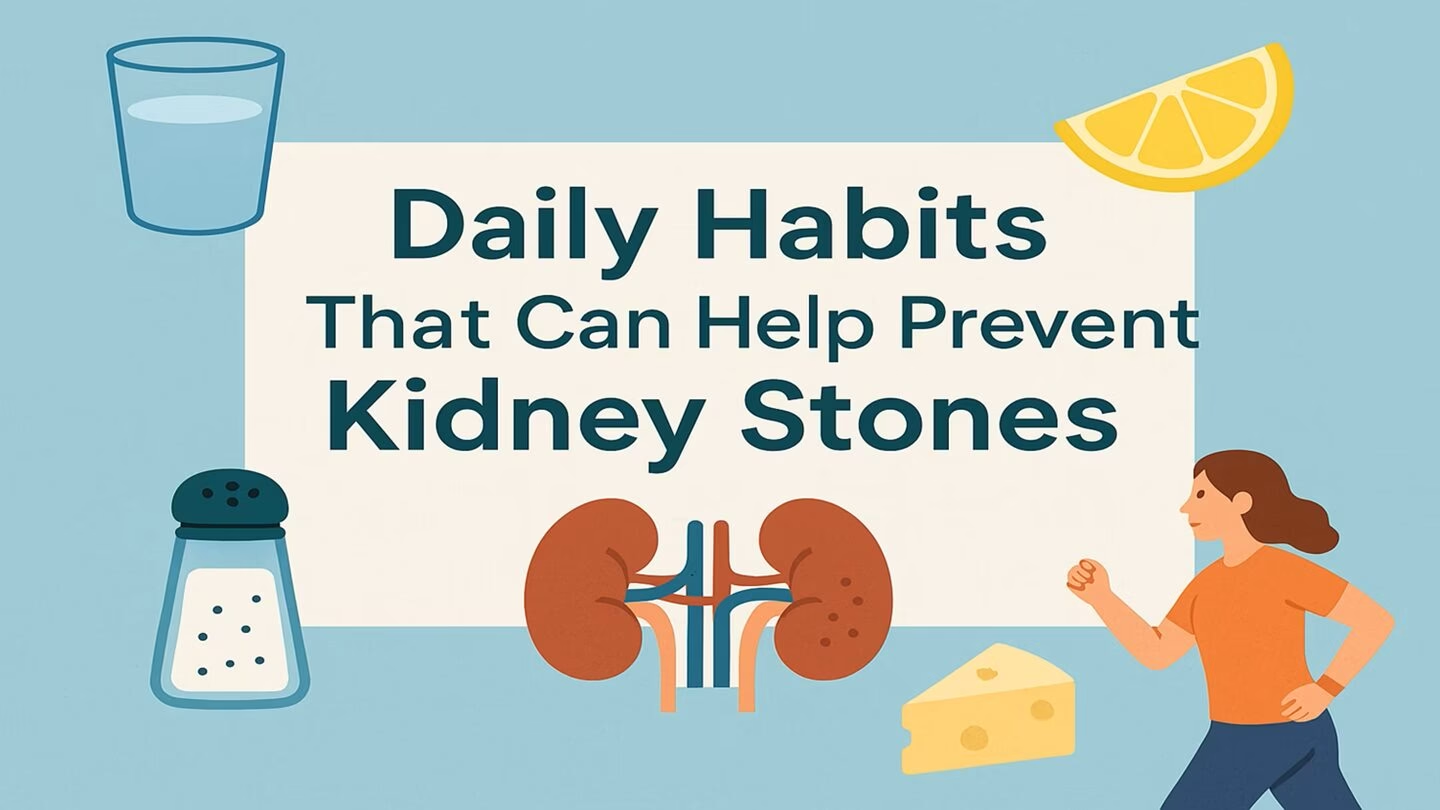
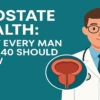

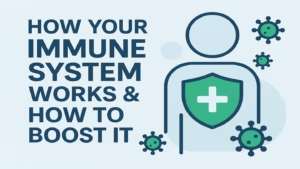
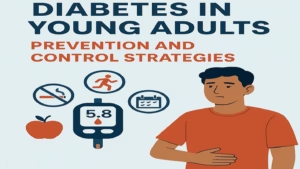
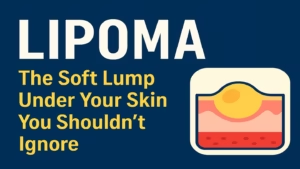
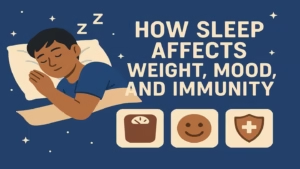
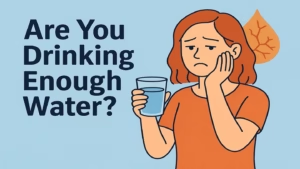
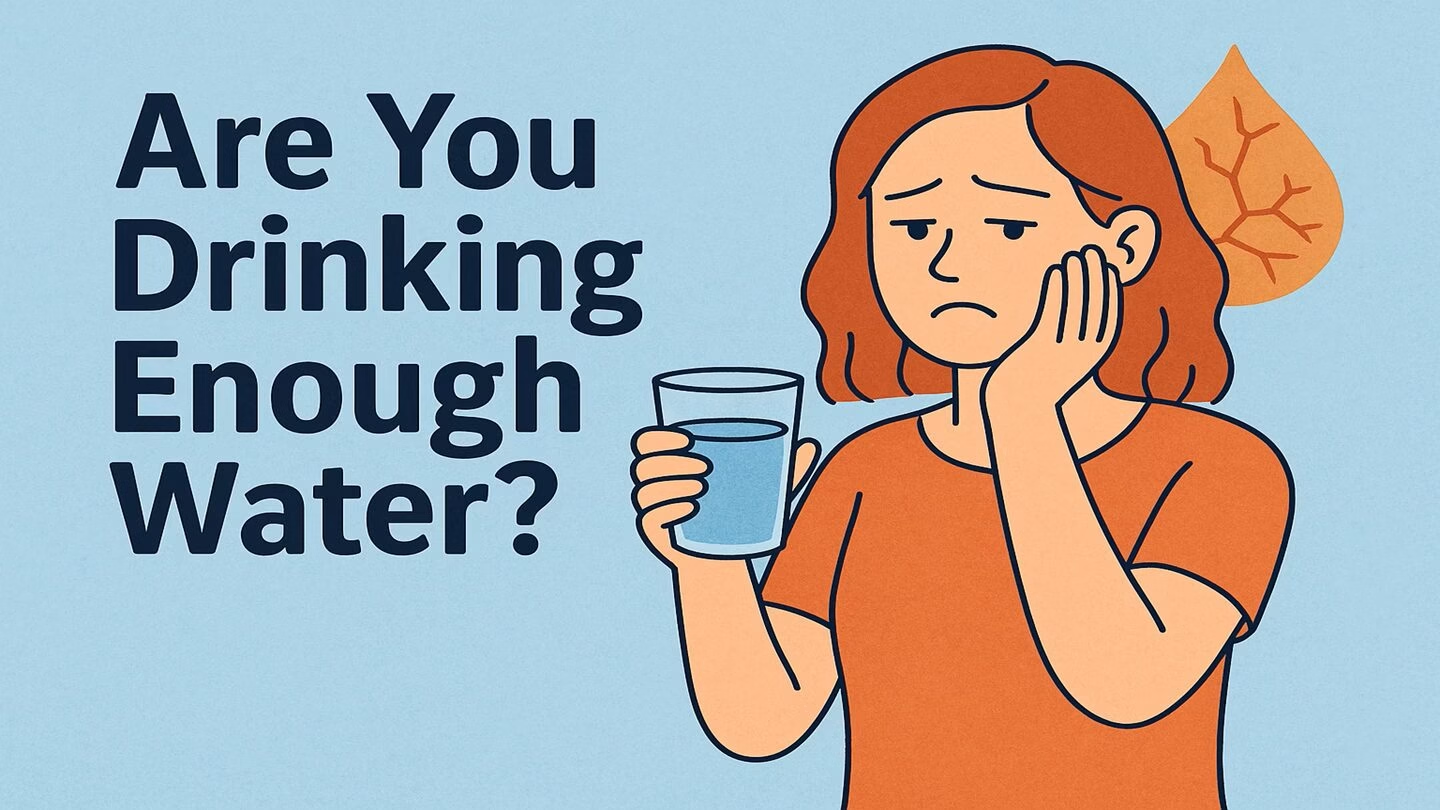
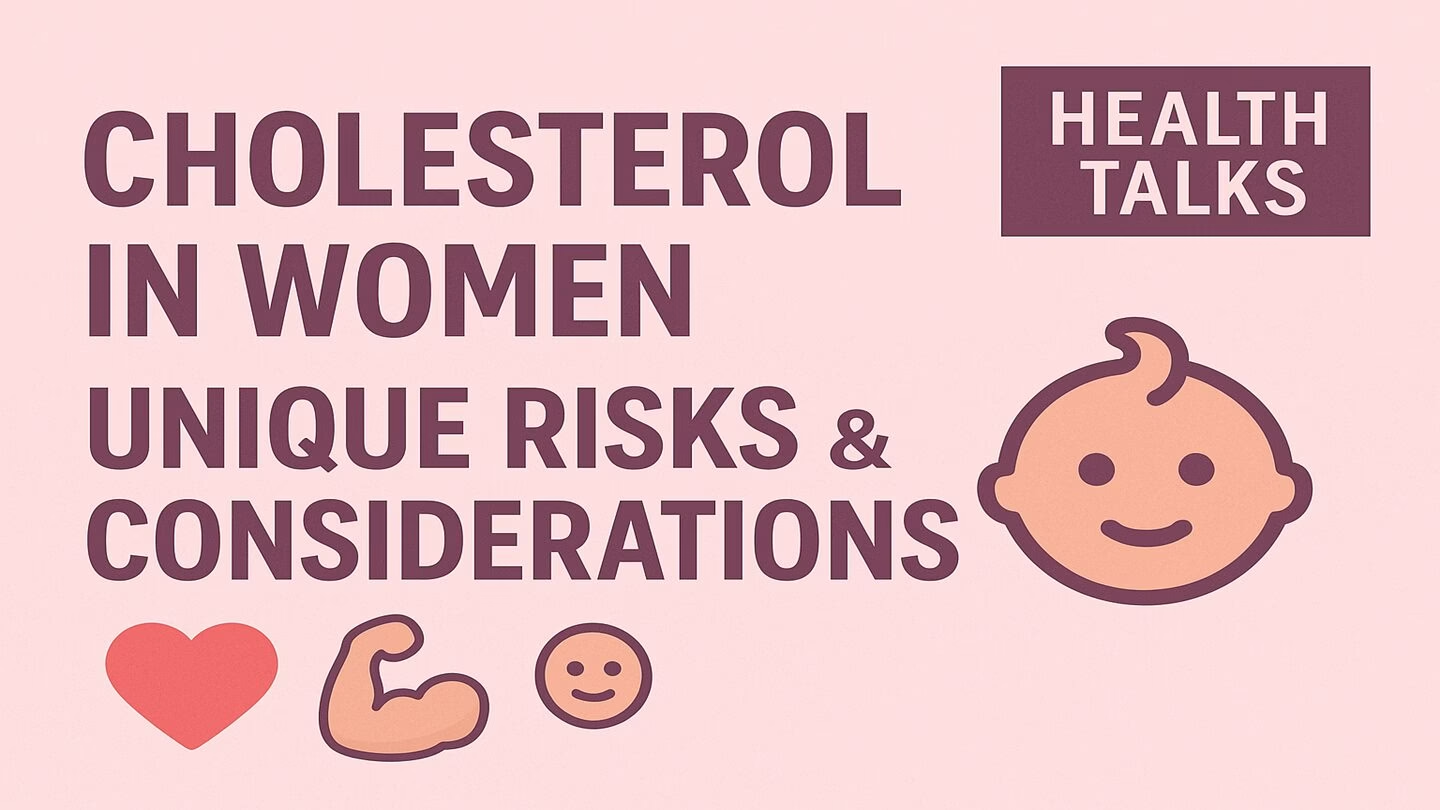

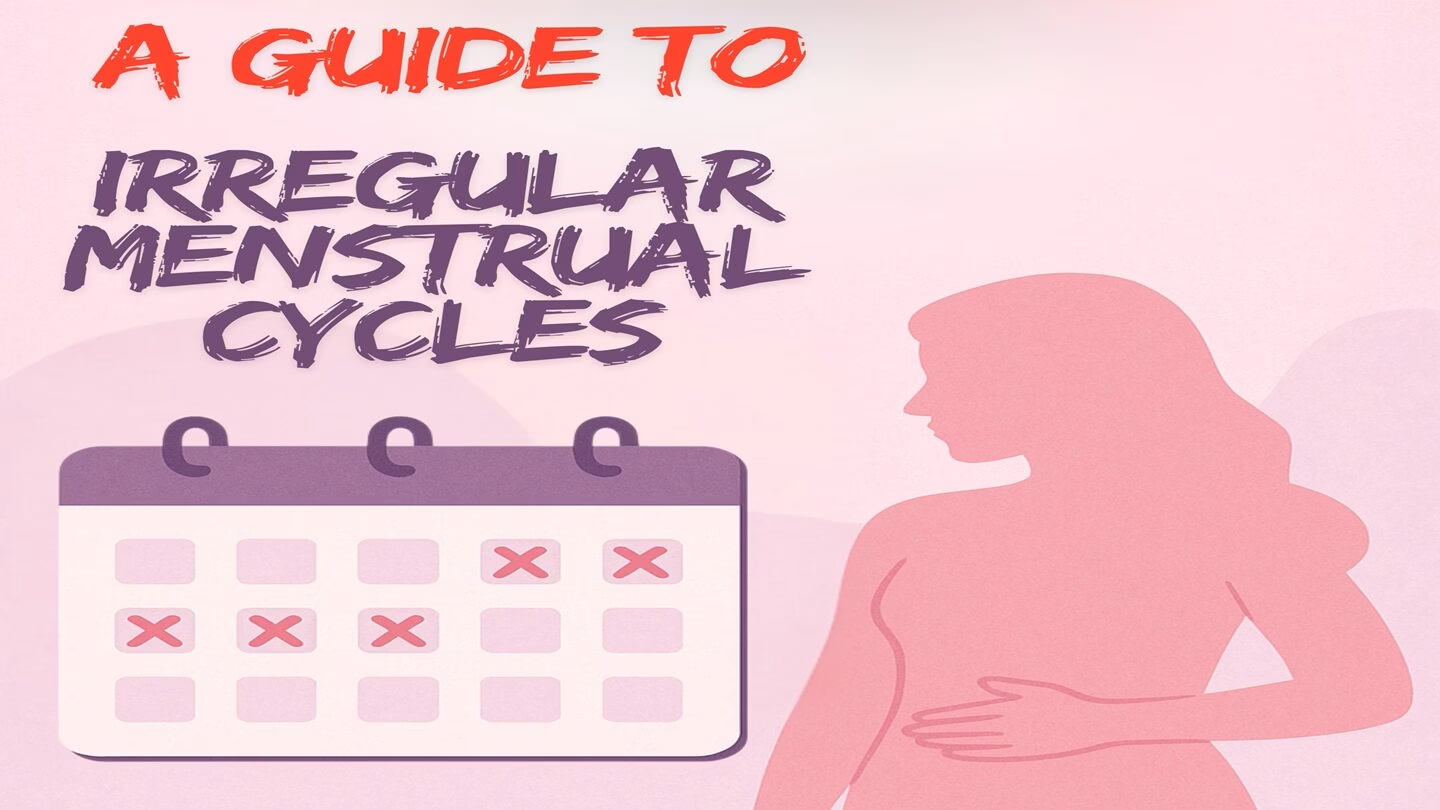

Add comment